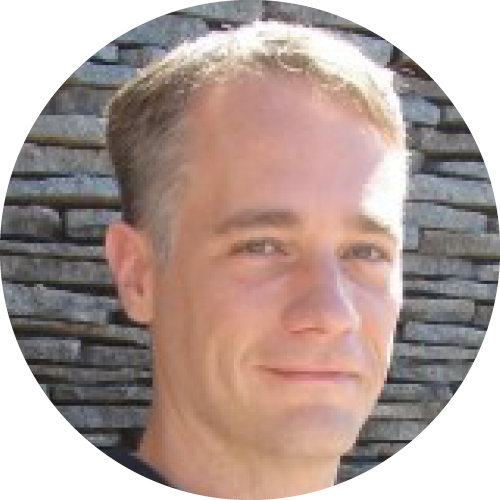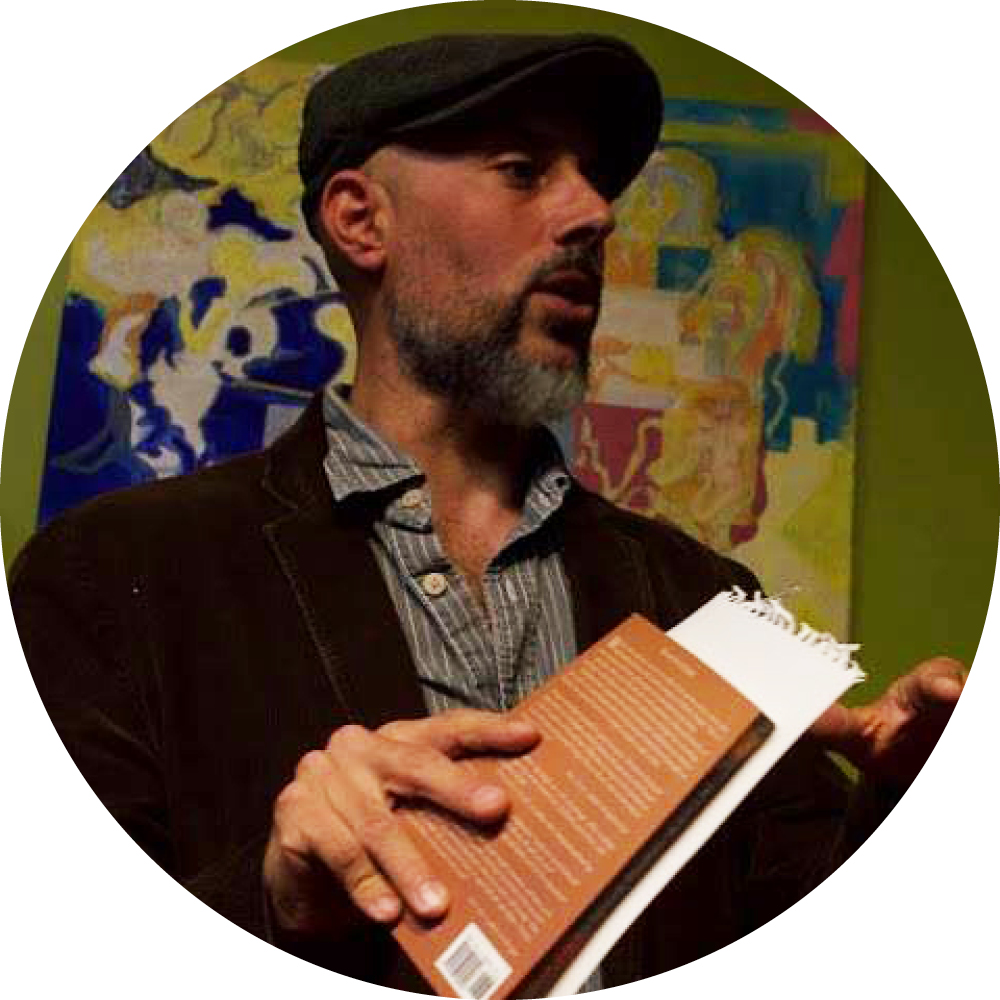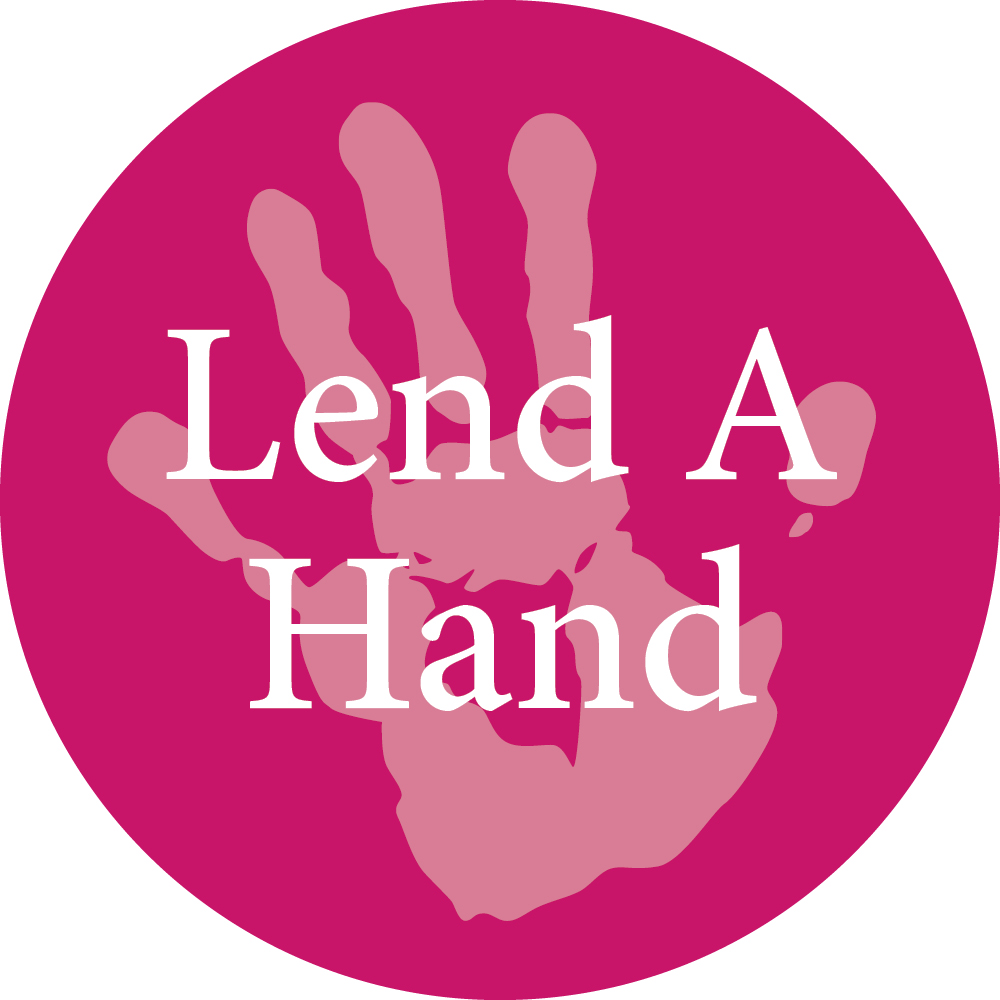Downshifting
By Todd Hoskins
The Peace of Wild Things
By Wendell Berry
When despair for the world grows in me
and I wake in the night at the least sound
in fear of what my life and my children’s lives may be,
I go and lie down where the wood drake
rests in his beauty on the water, and the great heron feeds.
I come into the peace of wild things
who do not tax their lives with forethought
of grief. I come into the presence of still water.
And I feel above me the day-blind stars
waiting with their light. For a time
I rest in the grace of the world, and am free.
“I hate my life.” The words tumbled from my 11-year old son’s mouth like gravel through the gate of a dump truck. As I turned the car onto Winnemac Avenue, he sat silently in the passenger seat, awaiting my response. “I know,” I finally said. He went on to share that he missed his mother and stepmother, both of whom were always working, that school was stupid, and that “you [Dad] are always distracted.”
It was a true statement. I had been distracted for months, really years. My attention was constantly bouncing between work, community, family, and other responsibilities, all with the best of intentions. “This shouldn’t be happening,” I thought. I was giving my attention to what I value, including him. But I also knew that I, too, was not that far from hating my own life.
In 1971, Edward Deci and Richard Ryan started researching human motivations and needs. Eventually their work, with the help of many others, would lead to the recognition that there are three core human psychological needs: autonomy, competence, and relatedness. This periodical chart of human well-being, now called Self-Determination Theory, has been cited more than 13,000 times in the last fifteen years.
Even without the map of this knowledge, it seemed like I had been following a path toward well-being. I owned a business doing work that I enjoyed. I was active, healthy, and surrounded by whole-hearted friends and family. I was deeply connected to community. As much as I loved the people and events that filled my days, life was far too much about the clock and the calendar.
I had been caught in the addiction of addition – tallying more and more connections, opportunities, and activities. Some of these efforts were dedicated to maintaining a healthy business, community, or relationship. Beyond what was necessary, I was loyal to this mathematical myth. In order to “make it,” in order to have an impact, in order to find peace, I needed to keep pushing harder and further. Even though I cherished lying on the couch with my wife, or our meditation practice, I was filling each hole with a possibility or a commitment. I was very busy thinking, planning, rushing from one place and task to another. Most people would respect the juggling act as “doing something with my life,” but I was growing simultaneously weary and stressed.
The city is full of people like this, a blend of frantic achievers and people working three jobs to pay the rent. The result is an energy of frenetic seeking and frenzied survival. People are struggling for capitalist supremacy, for social status, to discover themselves, or to simply stay alive. Everyone is busy doing, and I was among them. I had started to feel less space to just be.
I was striving for autonomy, competence, and relatedness, but too often settling for a shallow version of the real thing. It is deep in our western, and especially urban, heritage that autonomy means financial freedom, competence is accomplished through a career, and relatedness is the number of friends, or even Facebook friends, that one has. It is measurable and therefore comparable. In many ways, it is the American dream.
Even if I believed I was not adopting this vision, its ethos of accomplishment was sneaking its way into priorities and decisions. I do want financial security, a fulfilling vocation, and close relationships, but I was starting to acknowledge that the pace and fervor of pursuit were not going to lead me to some promised land of well-being. I wanted out.
Six weeks after my son released his gravelly pronouncement, I pulled an old copy of Sam Keen’s The Passionate Life from the bookshelf. For a couple nights I read passages to my wife around the fire, feeling energized as our conversations started to shift from managing the present to imagining a future that was much different. For the first time in my adult life, I was ready to consider leaving the city.
Though my life and work had largely been about connectedness, I was feeling more and more disconnected. George Monbiot calls this “The Age of Loneliness.”
We have ripped the natural world apart, degraded our conditions of life, surrendered our freedoms and prospects of contentment to a compulsive, atomising, joyless hedonism, in which, having consumed all else, we start to prey upon ourselves. For this, we have destroyed the essence of humanity: our connectedness.
My wife and I love nature. We were married in a forest clearing, and have always been able to reconnect by the water, or in the woods, on a camping trip or hike. My son, however, is a city kid who tends to like controlled environments without bugs.
To watch him at his computer is to watch a pilot in the cockpit of a 787, checking his gauges on ten different tabs at once, communicating with teams and collaborators at a dizzying pace, taking a class, building a server, and responding to alerts left and right. His web is deeply personal, going back and forth between chat platforms, forums, and multi-player games. He has more Skype contacts in more corners of the world than I do.
I understand this level of stimulation, the desire to find a tribe, become proficient at something, and experience the thrill of a full dashboard of options which I can seemingly control. When he’s sitting at his computer, he’s not only the pilot, he’s a god creating his own reality.
I didn’t know how to tell him that I’m sensing we all need to connect in a different way, to leave behind these tiresome cycles of working, buying, doing, and with so much of it mediated through a screen. Andrew Sullivan writes in New York Magazine:
I began to realize, as my health and happiness deteriorated, that this was not a both-and kind of situation. It was either-or. Every hour I spent online was not spent in the physical world. Every minute I was engrossed in a virtual interaction I was not involved in a human encounter. Every second absorbed in some trivia was a second less for any form of reflection, or calm, or spirituality. “Multitasking” was a mirage. This was a zero-sum question. I either lived as a voice online or I lived as a human being in the world that humans had lived in since the beginning of time.
Never before have we attempted to meet our essential psychological needs through devices. It is not the wires, cables, and satellites that connect us. The air, the water, the common elements and non-elemental bonds we share have always been there, waiting for us to re-member, to accept our membership in life itself.
So, one month ago we moved to a small town in a house on the edge of a nature preserve. There are trees, critters, and water all around us. The night soundscape of sirens has been replaced by crickets and frogs. It’s a grand experiment.
Even with the slower pace, our lives are still too full. There have been moments of true rest and delight, but still plenty of frenzy. It’s not nirvana; it’s a process. The boy is not as excited as I am about fungi and foxes, but he’s adjusting. A few nights ago he pointed out the number of stars in the sky. We have more time together, some of it unbound by the ticking clock.
Cities, consumerism, technology, and the pace of life may be impacting our well-being but are not preventing it. As a wise man told me recently, “The thing is never the problem. The problem is our relationship to the thing.” Not everyone needs a geographic downshift.
We do need a new economy, a more natural pace of life, and an evolved relationship with technology. But the deepest form of relatedness does not need to be sought. You just open to it. The connection is always there.

Re-sources
Re-Imagining Education

Empowering educators to take a deeper look at the stories told in our schools and to re-imagine them in transformative and
nurturing learning spaces.
learn more
Learning Opportunities

Classes, workshops, and lectures that help to empower people to re-imagine who they are and their place in the world.
learn more
Books

Books written by
Re-imagining authors
learn more
Get Involved

Help the Chicago Wisdom Project realize its mission to re-imagine education through holistic programming that transforms individual, community and world through creative expression.
learn more